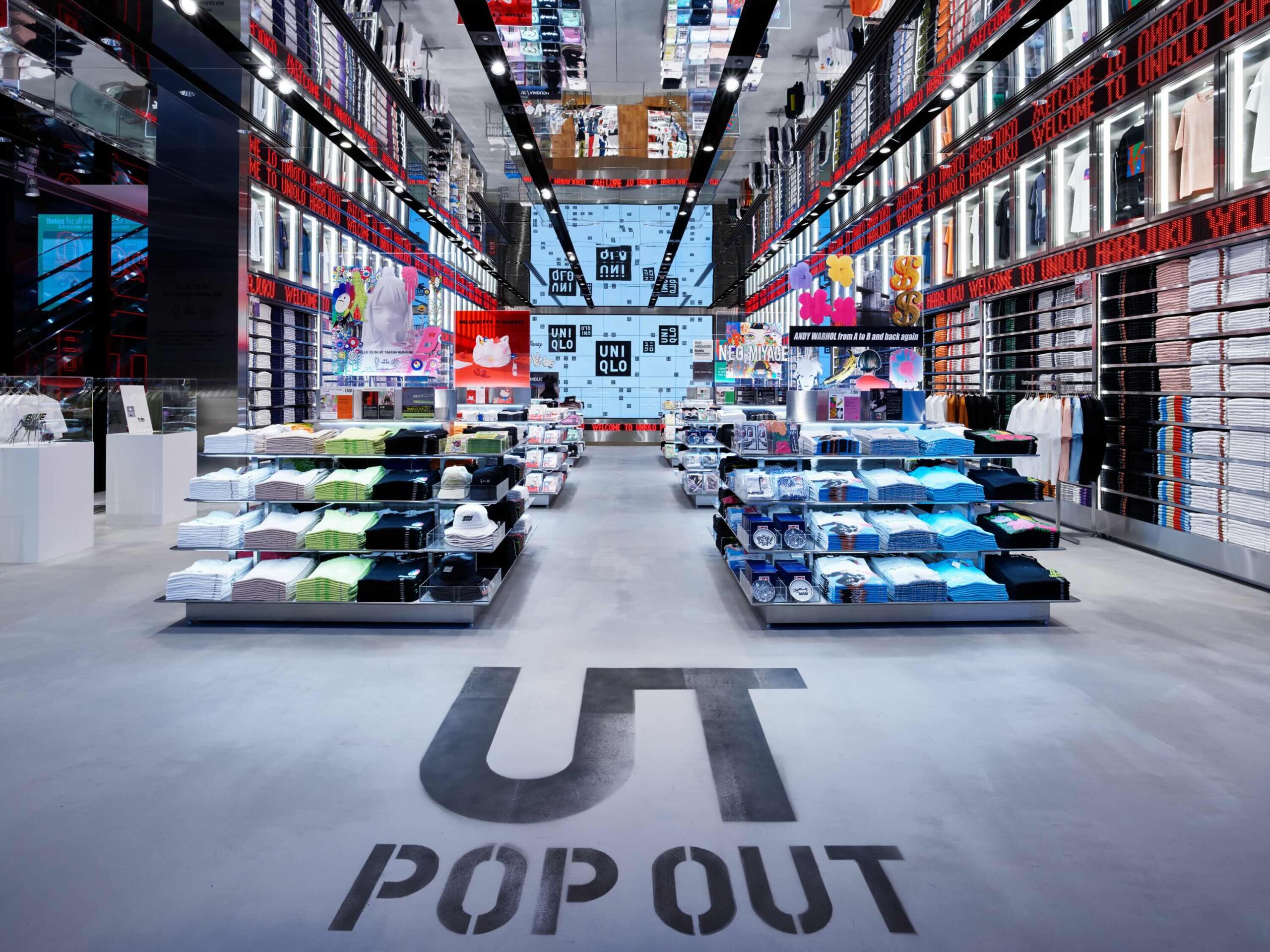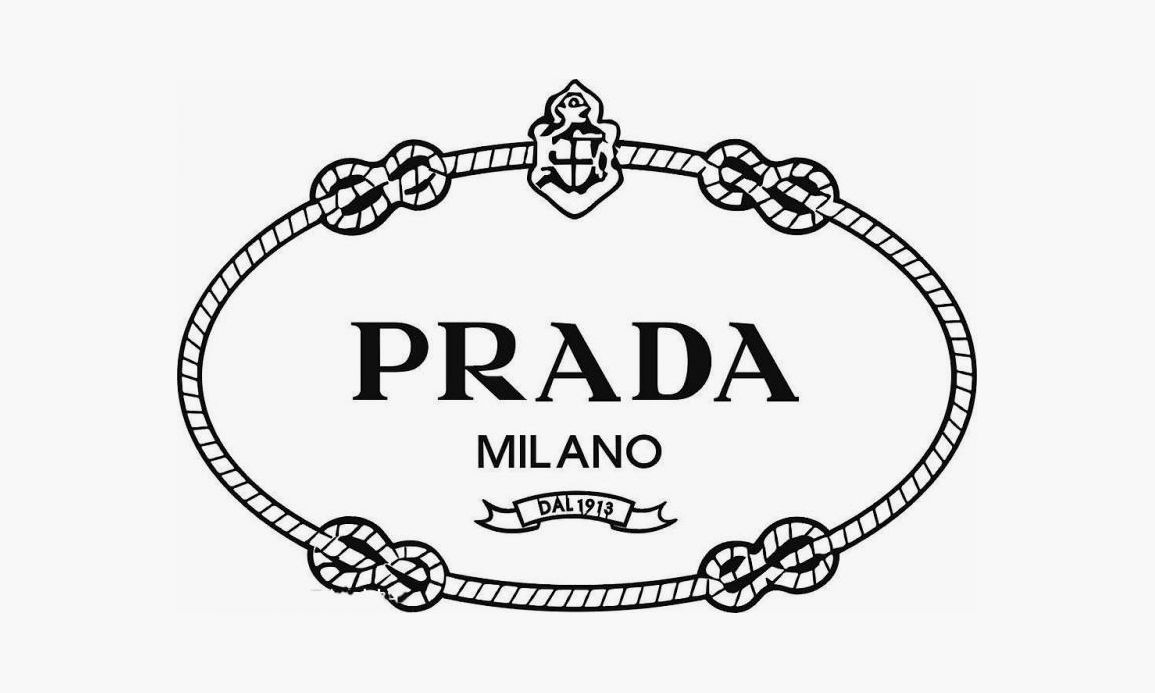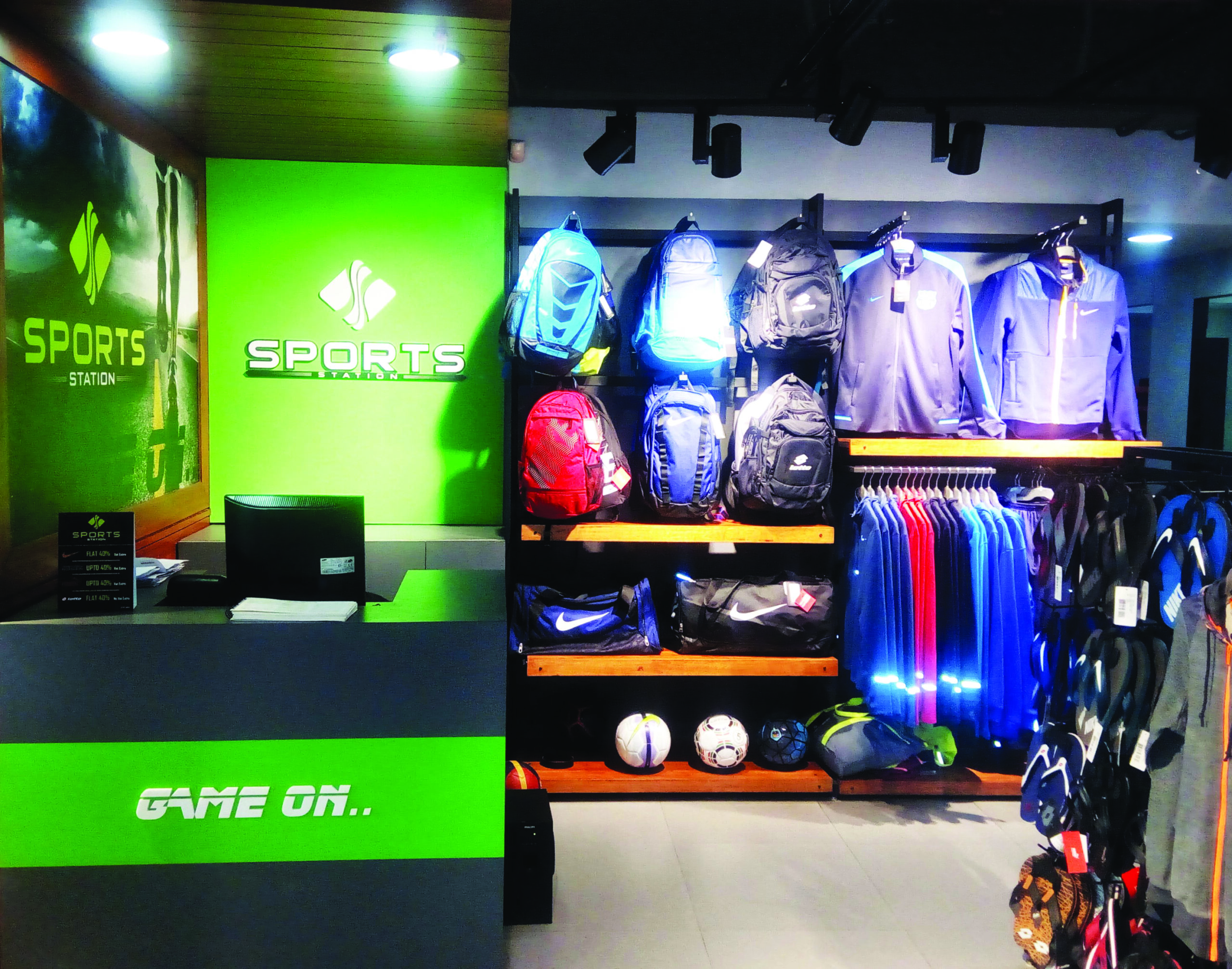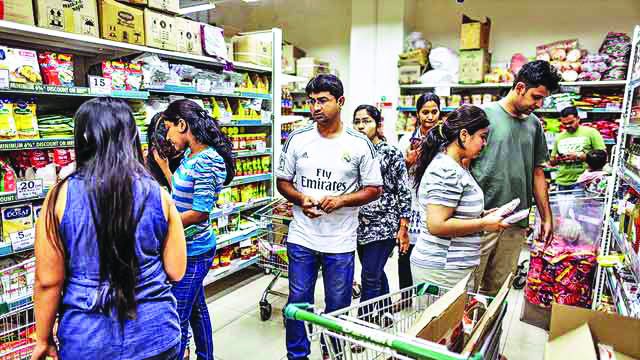The Prada Group has restarted operations with in-depth coronavirus testing for employees, setting a benchmark for the fashion industry. The progressive program begins with the partial reopening of industrial sites in Italy’s Tuscany region — where 300 employees work in the leather goods, apparel and footwear departments of its Arezzo premises. The departments involved focus on prototyping and sample making, essential to developing the company’s forthcoming collections.
The factories in Italy’s Umbria, Marche and Veneto regions will be next to partially reopen, followed by the collection and sample-making workshops in the Milan headquarters.
Every day, on arrival, employees will have their temperature taken and be provided with gloves and masks to wear for the full duration of their shift. Bottles of sanitizing gel are being placed near all work stations, and the rooms are sanitized twice daily. As a precautionary measure, the canteen will not operate for the first few weeks.
Additionally, Prada Group is the first Italian company to introduce a cutting-edge protocol that involves the double screening of employees, in a collaboration with Careggi hospital in Florence. A team of specialist nurses in dedicated rooms will carry out serological (antibody) testing on all employees, and those testing positive will also receive a virus test, again conducted on the premises. The company’s entire workforce will receive serological testing on a monthly basis, with no end date currently set for the screening program.
Prada has also implemented a full range of more general measures to safeguard the health of employees. As set out in the internal safety protocol, these protocols involve reduced hours, or those split up over multiple shifts, to ensure staggered access to the sites and the correct distancing of approximately two meters between workstations.
“In this emergency situation we have not only been considering when to reopen our manufacturing facilities, but above all how to reopen them in total security, in order to safeguard our employees’ health and protect them from the virus,” Prada Group CEO Patrizio Bertelli said in a statement. “We therefore immediately sought advice from leading healthcare facilities and from specialist pharmaceutical companies to identify the top-rated medical technology currently available.”
The full cost will be assumed by the company — and in this initial phase, there will be an estimated 1,000 tests per week, a figure that will rise significantly once production is back to full capacity. If any employees test positive, the company will also extend the double screening process to their family members.













